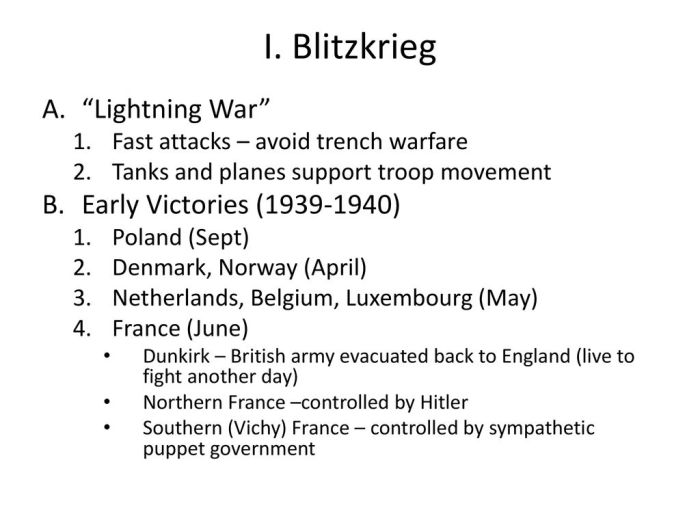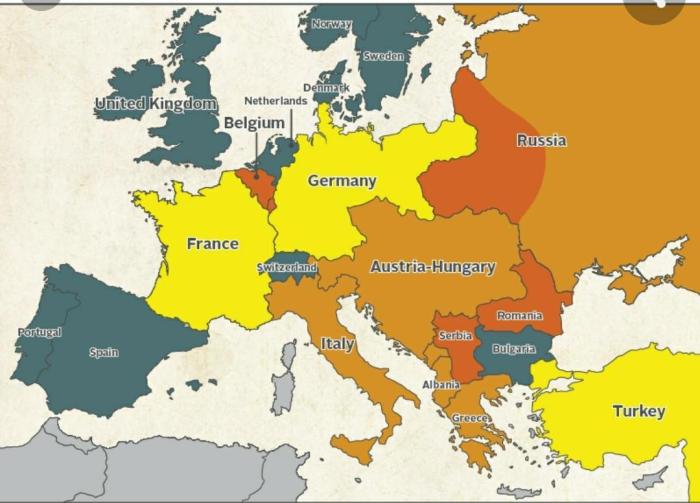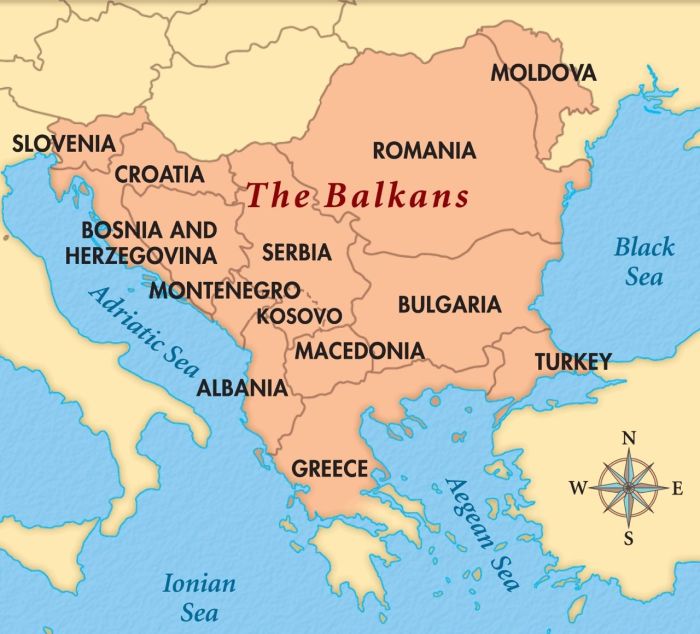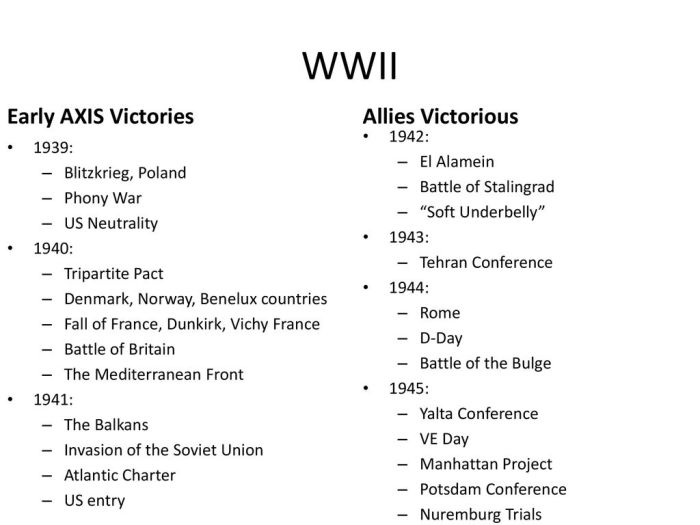What victories lent optimism to german troops in early 1942 – In the annals of World War II, the early victories of German troops in 1942 stand as a pivotal moment, instilling a sense of optimism that profoundly influenced the course of the conflict. This essay delves into the significant victories that fueled this optimism, examining their strategic and tactical implications, as well as their impact on German military strategy.
Early German Victories in 1942: What Victories Lent Optimism To German Troops In Early 1942

Following their stunning victories in 1940 and 1941, German forces continued to achieve significant successes in the early months of 1942. These victories played a crucial role in boosting German morale and shaping the course of the war.
Chronological Account of German Victories
- January 1942: German forces capture Derna and Benghazi in Libya, driving British forces out of Cyrenaica.
- February 1942: German forces under Erwin Rommel launch an offensive in North Africa, capturing Tobruk and advancing deep into Egypt.
- May 1942: German forces launch Case Blue, an offensive in the Soviet Union aimed at capturing the Caucasus oil fields.
- June 1942: German forces capture Sevastopol in Crimea, a major Soviet naval base.
Significance of German Victories
These victories had a profound impact on German morale. They demonstrated the continued strength of the German military and gave the German people hope that the war could be won. The victories also allowed Germany to gain control of strategic resources, such as oil and wheat, which were essential for its war effort.
Factors Contributing to German Optimism

Several factors contributed to German optimism in early 1942. These included:
Strategic Factors, What victories lent optimism to german troops in early 1942
- The German military was well-trained and experienced, and it had a proven track record of success.
- Germany had a strong industrial base, which allowed it to produce large quantities of weapons and equipment.
- Germany had a network of alliances with other countries, which provided it with additional resources and manpower.
Tactical Factors
- The German military employed innovative tactics, such as the Blitzkrieg, which allowed it to overwhelm its opponents.
- The German military had a strong air force, which gave it air superiority over its enemies.
- The German military was able to exploit the weaknesses of its opponents, such as the Soviet Union’s lack of preparedness.
Propaganda and Misinformation
The German government also played a role in shaping German perceptions of the war. The government’s propaganda machine portrayed the German military as invincible and the war as a just cause. The government also spread misinformation about the enemy, such as claiming that the Soviet Union was on the verge of collapse.
Impact on German Military Strategy

The victories in early 1942 had a significant impact on German military strategy. The German leadership became increasingly confident in their ability to win the war. This led them to make a number of risky decisions, such as launching the invasion of the Soviet Union (Operation Barbarossa) in June 1941.
The victories also led the Germans to underestimate the strength of their opponents. The German leadership believed that the Soviet Union was on the verge of collapse and that the Allies would not be able to mount a serious challenge.
This underestimation of the enemy would ultimately prove to be a fatal mistake.
Comparison to Allied Victories

The German victories in early 1942 were not matched by the Allies. The Allies suffered a number of setbacks in this period, including the fall of Singapore to the Japanese and the German advance into Egypt. These setbacks led to a decline in Allied morale and raised concerns about the outcome of the war.
However, the Allied victories in the later stages of the war, such as the Battle of Stalingrad and the D-Day landings, would ultimately prove to be more decisive than the German victories in early 1942.
FAQs
What were the key German victories in early 1942?
The German victories in early 1942 included the capture of Sevastopol, the defeat of the British Eighth Army in North Africa, and the sinking of multiple Allied convoys in the Atlantic Ocean.
How did these victories impact German morale?
The victories significantly boosted German morale, providing a sense of invincibility and fueling the belief that Germany could achieve ultimate victory.
What role did propaganda play in shaping German perceptions of the war?
Propaganda played a crucial role in shaping German perceptions of the war, portraying German victories as inevitable and downplaying Allied successes.